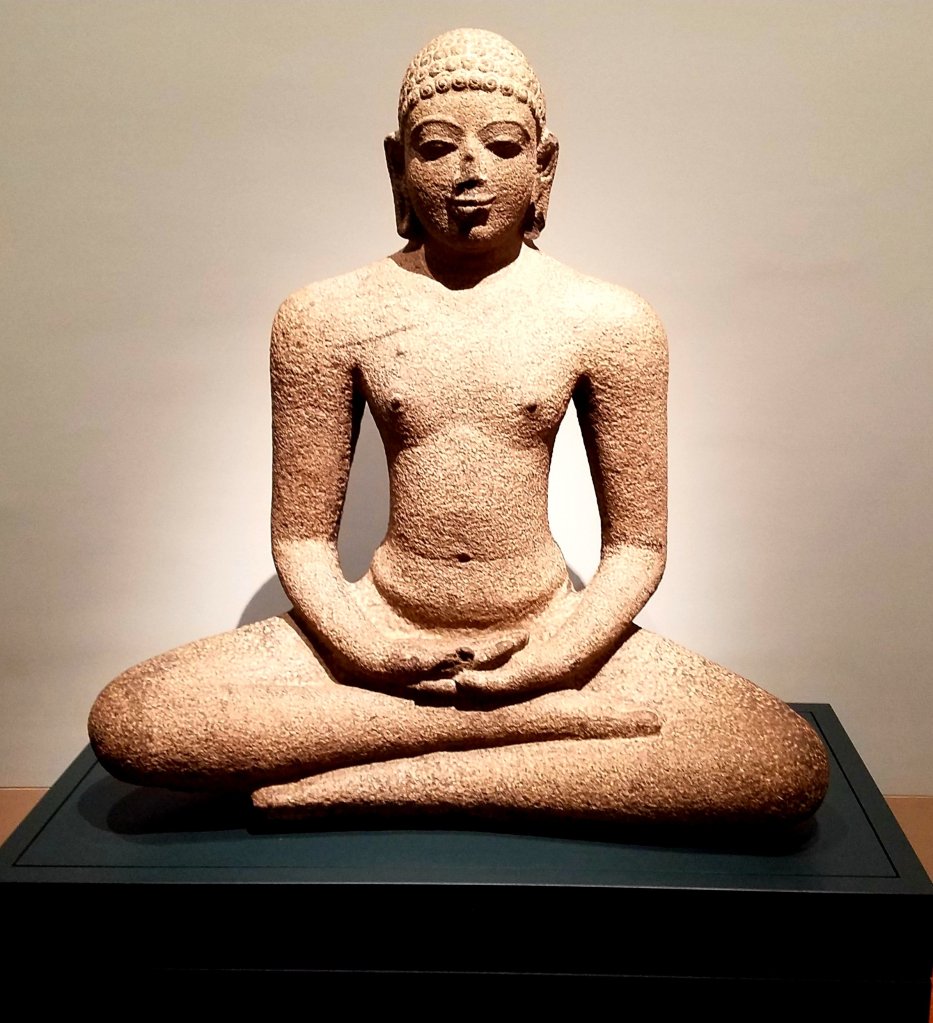Somebody in Boots

The miners came in ‘49
The whores in ‘51
They jungled up in Texas
And begot the native son
-Old Song
Somebody in Boots was originally titled Native Son, but Nelson Algren gave this title away to Richard Wright who used it to his great advantage.
Boots were a symbol of power, status, and authority. When someone in boots was approaching, you knew you were in trouble: “Someone was coming. Someone in boots. Cass heard his boots moving faster and faster. Such boots were two despisers of small things. They were high heeled sharp pointed, embedded deeply with sharp pointed spikes, shining with sun or bright with rain wet.”
This was Nelson Algren’s first novel and it has all the raw power and awkwardness of unrefined prose. Algren, himself, did not much care for the novel and would rework some of the material into a much better book, A Walk on the Wild Side. He wrote Somebody in Boots in 1936 and didn’t write another novel until 1940. By the time he got to The Man with the Golden Arm he was writing masterful prose and he made his words sing. But, he never lost his edge.
And this is an edgy novel to say the least. Personally, I loved this book and was in its thrall all the way through to the end. It has unforgettable characters and vivid situations and opens a window onto the events occurring in this country almost 100 years ago during the great depression, or the “great trouble” as it was described by one of the characters. The novel ends in Chicago during the 1933-34 World’s Fair. It is a novel of casual racism, police brutality, sexism, and misogyny. It might also be considered an anti-capitalist screed. It details he lives of hobos, homeless, and the haunted.
Cass McKay was a poor young man from the hills of West Texas. He lived in a one room shack with a dirt floor with his brother, sister and a brute of a father. He left home after a savage fight broke out between his brother and father and started riding the rails at the tender age of seventeen. First he went to New Orleans where he got his throat cut by a pimp in whore house. He then went back to Texas for couple of years the hit the road again drifting back and forth between Chicago and Texas, and all points south. He had a lot of adventures along the way.
“Wherever he walked that winter, whether in New Orleans along icy docks or on Railroad Street in Baton Rouge, he saw the vast army of America’s homeless ones; the boys and old women, the old men and young girls, a ragged parade of dull gray faces, begging, thieving, hawking, selling and whoring. Faces haggard and hungry, and cold, and afraid; as they passed, booted men followed and watched.”
In Chicago “He walked up and down West Madison Street every day one ragged bum among ten thousand ragged bums.” He met a girl there by the name of Norah who was down on her luck. She had been working as a seamstress in a sweat shop and lost that job for mouthing off to the boss. She then started working a strip club called Little Rialto after seeing an ad in the Chicago Tribune: “WANTED: DANCER. EXP. PREF. APPLY HAUSER’S RIALTO.-S. STATE”
Cass got involved with her and they started knocking off drugstores together. One night they got caught and Cass end up doing 10 months in the joint. Norah got away.
Racism and police brutality quite often make an appearance on the page and sometimes they intersect as they do in the following passage illustrating once again that the more things change the more they stay the same. Black lives mattered then about as much as they do now.
“One Sam Phillips, black as ink and Alabama born, was in Chicago only two days when he got picked up on South Prairie Avenue by Sergeant M___ of the South Park Police. Sure the boy looked suspicious-he was in rags, and he had no place to sleep and he was a nigger. So what ? So M___ says, “Run eight-ball, or I’ll put you in for vag.” Sam Phillips didn’t know very much, he’d only been in town two days, but Sam did know that he didn’t like jails, and that he could run pretty fast all right. Two hundred yards I’ll give you,” the sergeant offered-and black Sammy Phillips just took it on the lam. He ran 20 feet; M___ dropped to one knee in the proper manner and let her flicker, one through the legs and five to the belly- but he got his promotion so, I guess it’s all right.”
I think it is interesting to go back and read the earlier works of authors you love, like I love Algren. That way you can see their development over the years as an artist. I wouldn’t recommend Somebody in Boots to the newbie Algren fan, but if you have read all his other work, this is a fascinating read. I would recommend, rather, The Man with the Golden Arm, or Never Come Morning. Both excellent.


